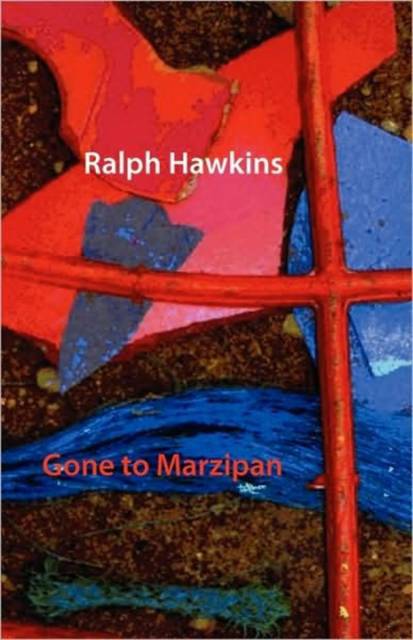
- Retrait gratuit dans votre magasin Club
- 7.000.000 titres dans notre catalogue
- Payer en toute sécurité
- Toujours un magasin près de chez vous
- Retrait gratuit dans votre magasin Club
- 7.000.0000 titres dans notre catalogue
- Payer en toute sécurité
- Toujours un magasin près de chez vous
Description
"Ralph Hawkins' poems... minimize the gap of 'constructive effort' between the basic seeking of pleasure and pleasurable sensations, and the 'mediated' pleasure of the poem.
[...]
He does not bother with stage-setting. Each poem launches us into a series of 'direct experiences' from whose course we could work out the shape of the self experiencing them. We could either take the individual events and fit them into our own self-experience, or we could take each book as constructing a new 'shell self', a role we can both play for a while. Hawkins is not asking how experience happens, but by describing the course of a self he answers the question anyway. The course is one of attention, constantly switching on and off, jumping between planes; Hawkins' method is to eliminate whatever is not interesting, and his poetic line is as rapid, sporadic, shifting, polyvalent, slight and self-reversing as consciousness itself. We could describe his work as anarchistic, because it does not confirm any of the classificatory and causal judgments of our law-abiding society, and experiences absolutely no urge to replace these with a new set of rules and values.
[...]
The removal of conventional connections leaves a vast space for originality - his style is located the edits, the jumps." (Andrew Duncan)
Spécifications
Parties prenantes
- Auteur(s) :
- Editeur:
Contenu
- Nombre de pages :
- 120
- Langue:
- Anglais
Caractéristiques
- EAN:
- 9781848610217
- Date de parution :
- 15-01-09
- Format:
- Livre broché
- Format numérique:
- Trade paperback (VS)
- Dimensions :
- 140 mm x 216 mm
- Poids :
- 158 g

Les avis
Nous publions uniquement les avis qui respectent les conditions requises. Consultez nos conditions pour les avis.






